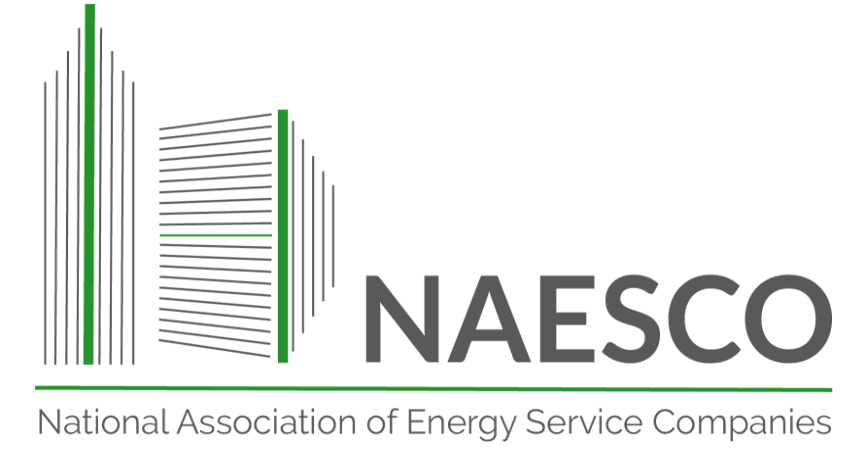THOUGHT LEADERSHIP
Veregy’s Industry Insights
Read the Latest Thought Leadership articles from the Veregy team.
No Results Found
The page you requested could not be found. Try refining your search, or use the navigation above to locate the post.
Experience the Difference


We look for two behaviors when we hire new members to our team: compassion and ambition. We want to hire great people and give them the tools and freedom to be awesome.
Stay informed with the latest news and industry insights from Veregy. Our company regularly posts project and company updates, thought leadership, and industry best practices as a valuable tool for our clients.
Veregy is an award-winning NAESCO-Accredited decarbonization company focusing on accelerating and simplifying the Energy Transition.
Experience the Difference

